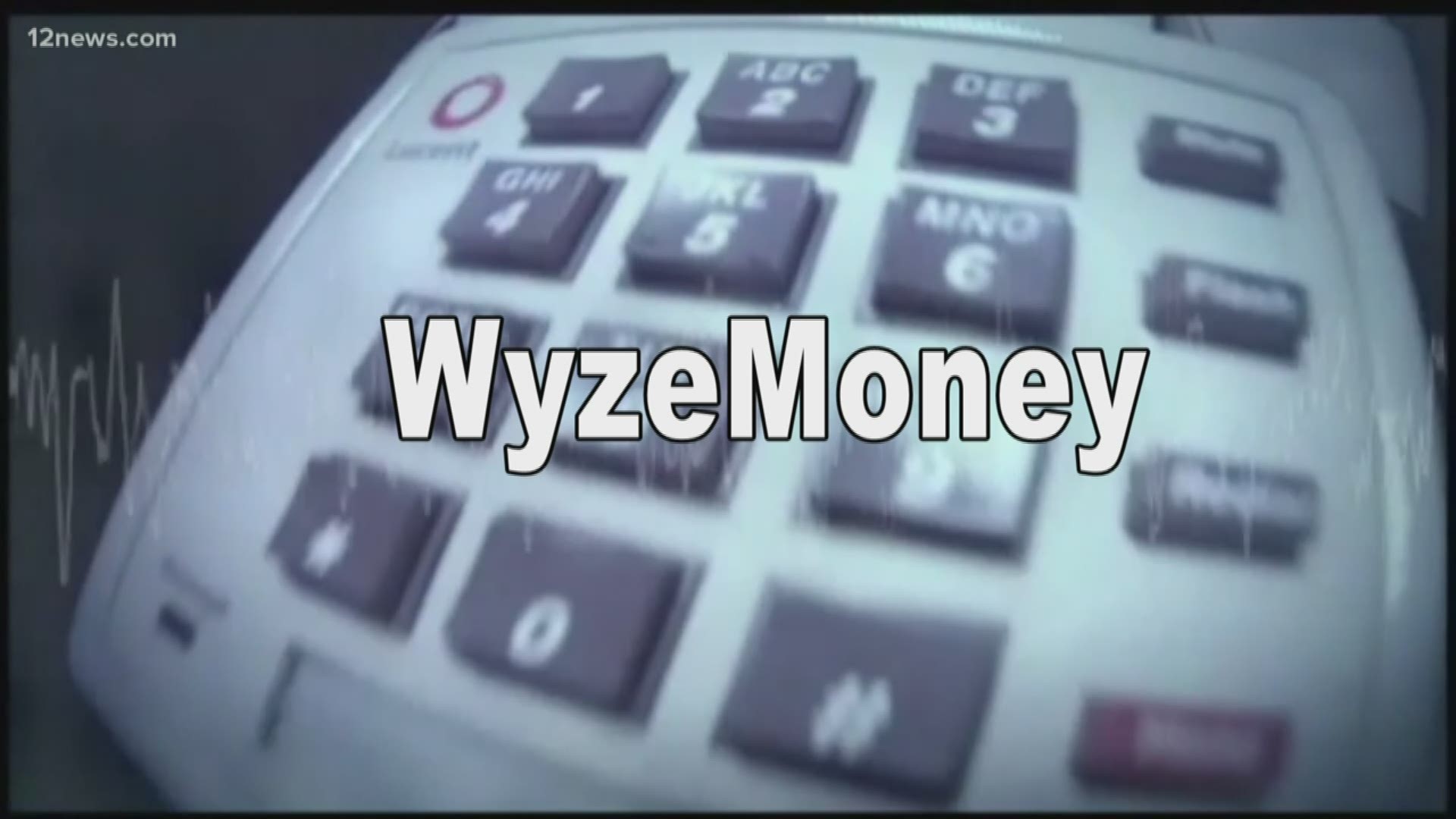PHOENIX — A five-year investigation into a telemarketing scam has ended with 13 arrests.
Police tell 12 News there were as many as 9,000 victims, and police say the scammers got away with as much as $40 million.
Most of the victims were senior citizens ranging in ages from 60 to 90 years old, many of then from out of state.
But the suspects worked out of offices across Maricopa County, selling seniors on investments that were too good to be true.
The conversations always started out pleasant.
Victim: Hello, Dave. How are you?
Scammer: Excellent, is this a good time to talk? You are just one of the most pleasant people. You must just wake up bright and cheery every morning.
Victim: Well, I try to.
That’s text from an actual recording between one of the victims and the scammers.
Mark Glassman from the FTC says that’s exactly how they get you to take the bait.
“They’re good at what they do. They targeted older Americans who they knew may be interested in the scam they were offering,” said Glassman.
Glassman spearheaded the investigation into Wyze Money, a company that targeted thousands of seniors across the country looking to invest in businesses.
Now, 13 people have been busted so far. They're facing charges of conspiracy, money laundering and theft from a vulnerable adult.
Phoenix police chief Jeri Williams says the investigation was extensive.
Their technique—disguise their scam by using big-name companies.
For example, here's what one scammer told an elderly victim: “The money comes from Google and Amazon based on money they make from websites. They actually process for senior citizens, so you don’t have to do any of the work, you never have to visit these websites."
Glassman has some advice for people to avoid losing their money to phone scams.
“If you get a call that you’re not expecting, or somebody wants to sell you something, do not give out any personal information. Do not give out any payment information," said Glassman.
As for the countless number of victims, they’re being paid back, but just a fraction of what they shelled out, $7 million of the $40 million.
Authorities say there could be more arrests and more victims.

